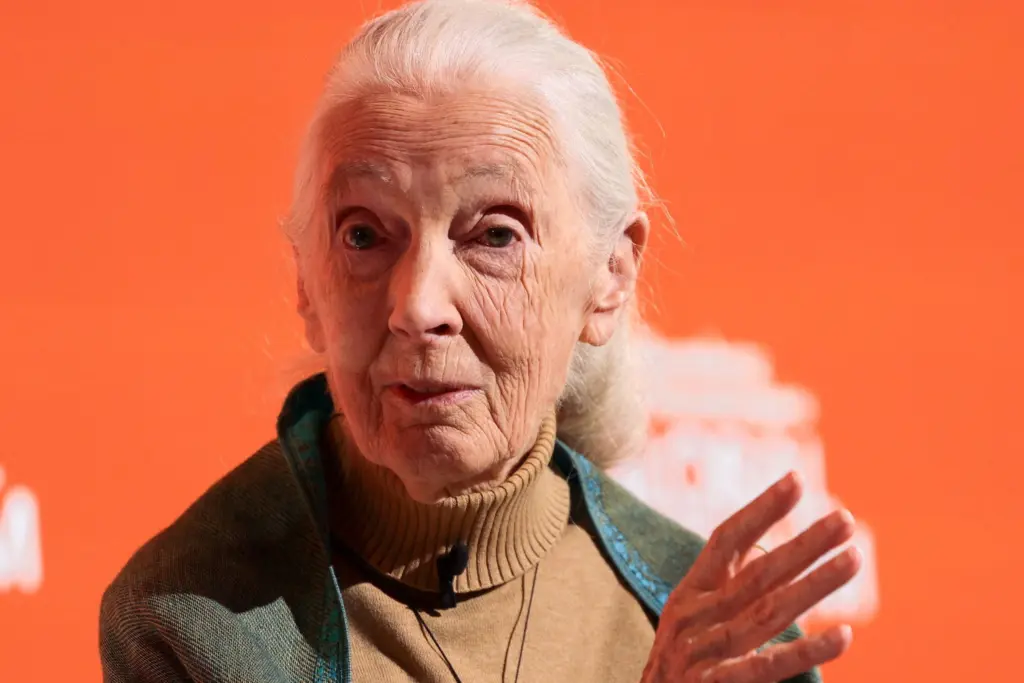
Introduction
Jane Goodall, a name synonymous with primatology and wildlife conservation, has dedicated her life to the study of chimpanzees and the protection of their habitats. Born on April 3, 1934, in London, Goodall’s innovative research in the 1960s challenged conventional wisdom about animal behavior and social structures. Her work has not only transformed our understanding of primates but also highlighted the urgent need for conservation initiatives.
Life and Early Work
In 1960, at the age of 26, Goodall traveled to Tanzania to study chimpanzees, armed with little more than a notebook and a passion for animals. For over 60 years, she observed these primates in their natural habitat, focusing on their social interactions, tool use, and emotional connections. Her ground-breaking discovery that chimpanzees could create and use tools fundamentally changed the scientific narrative about intelligence in non-human species.
Conservation Efforts
Beyond her research, Goodall has become a leading advocate for wildlife conservation and animal welfare. In 1977, she established the Jane Goodall Institute, which supports research, conservation, and education initiatives worldwide, particularly in Africa. The organization’s approach emphasizes community-centered conservation, blending human needs and wildlife protection. Goodall’s work has led to significant strides in the preservation of chimpanzees and their habitats in Africa.
Current Activities
As of 2023, Jane Goodall continues to be an influential figure. She speaks at various international forums, raising awareness about climate change and promoting sustainable development. Her ongoing projects include Roots & Shoots, a global youth program that encourages children to take action for their communities, environment, and animals. Through these initiatives, she inspires a new generation of environmentalists and advocates.
Conclusion
Jane Goodall’s legacy is a testament to the power of observation, empathy, and advocacy. Her pioneering work not only revolutionized the field of primatology but also sparked a global conversation about conservation and the need to protect our planet’s biodiversity. As environmental challenges escalate, Goodall’s insights and actions remain increasingly relevant, motivating individuals and organizations to consider the interconnectedness of all living beings. Looking ahead, her commitment to both animals and humanity offers a blueprint for sustainable coexistence, making her one of the crucial figures in the fight for a compassionate and environmentally responsible world.



